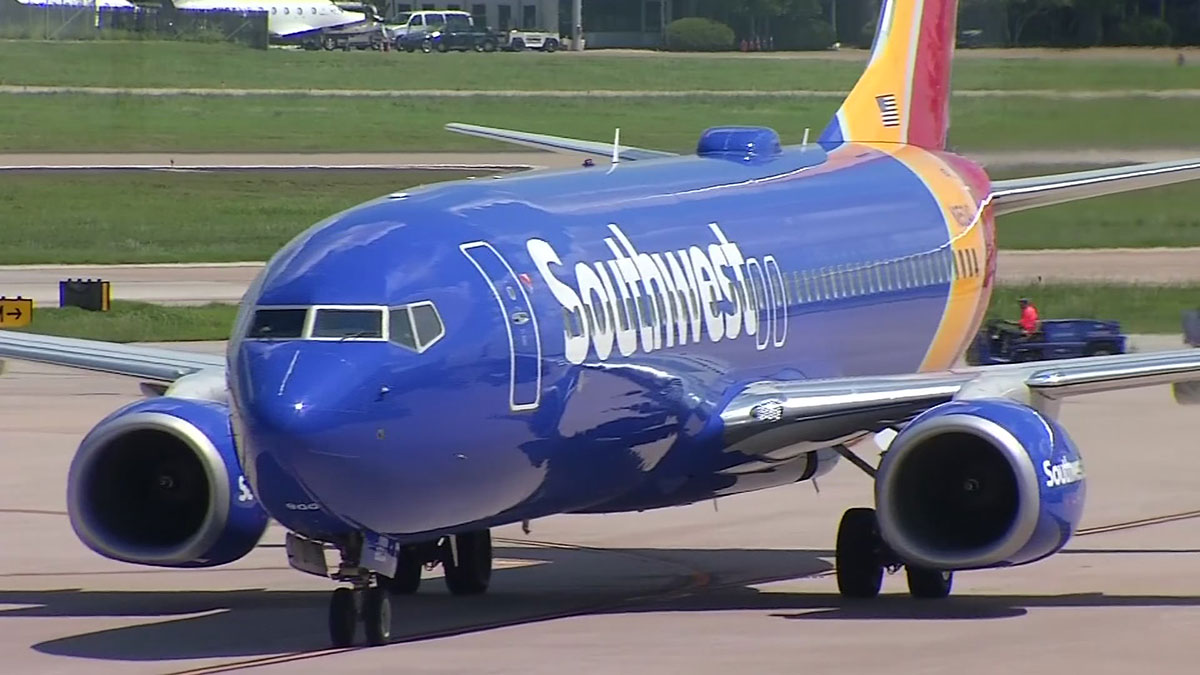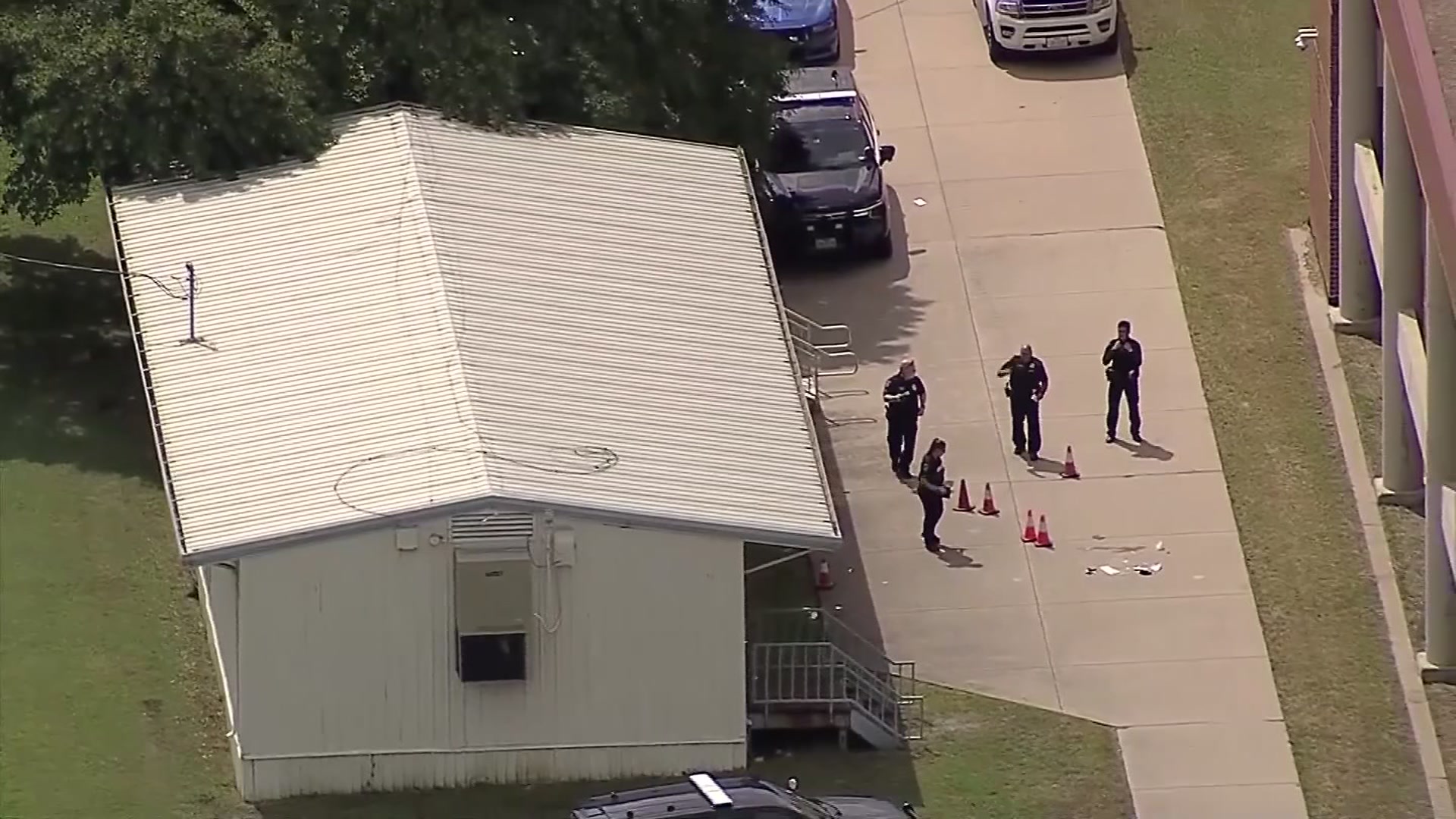Scrutinized for his response during the school shooting in Uvalde, that district’s police chief Pete Arredondo is speaking out for the first time.
Arredondo has declined interviews and remained out of the public eye since the May 24 massacre that claimed the lives of 19 children and two teachers.
It is the deadliest school mass shooting in Texas history.
The Texas Tribune says Arredondo and his attorney, George E. Hyde, agreed to speak out believing law enforcement authorities are misrepresenting Arredondo’s conduct and actions that fateful day.
Get DFW local news, weather forecasts and entertainment stories to your inbox. Sign up for NBC DFW newsletters.
Arredondo spoke to the newspaper by phone and mostly through written responses, according to reporter Zach Despart.
“He said he did everything he believed he could do to try and save the children and the teachers in that school,” said Despart.
The tribune took Arredondo’s version of events at Robb Elementary School to seven law enforcement experts. All but one said there were serious lapses in judgment, according to the article.
Local
The latest news from around North Texas.
NBC 5 asked longtime criminologist Alex Del Carmen to provide insight on the police chief’s actions as detailed in the publication.
Several other law enforcement experts declined to comment on the record.
“I think this was a perfect storm, I really do. I would say that everything that could have gone bad, went bad,” said Del Carmen. “This will go down in the books as what not to do.”
Arredondo pushes back on Texas DPS’ assertion that he was in charge and made the ‘wrong decision’ ordering police back for over an hour.
“Chief Arredondo is adamant he did not give anyone any orders at any time,” said Despart. “Certainly did not ask police to hold back or delay in any trying to get the shooter.”
Arredondo says he was indeed one of the first officers on the scene, rushing into the school and searching for the gunman.
Arredondo assumed that some other officer or official had taken control, he told the Tribune. He took on the role of a front-line responder, according to Arredondo.
Del Carmen challenges that notion saying protocol, as is taught, states that the most-senior ranking officer on scene takes on the role by default, even for a short amount of time.
“The FBI could show up, SWAT team could show up and the other tactical units may actually take over, but the first few seconds, the first few minutes...He is incident commander by default,” said Del Carmen.
What is also part of protocol that is perhaps the biggest source of agony and controversy surrounding the police response that day, is whether officers should have stormed the classroom within minutes of arriving instead of waiting 77 minutes.
Protocols following the 1999 Columbine High School shooting dictate officers, regardless of number or equipment, should act immediately until the gunman is neutralized.
Another stunning revelation in the article is Arredondo explaining how he purposefully left his two radios behind as he rushed into the building, believing they would slow him down, may not work inside some buildings and ‘he wanted both hands free to hold his gun’ ready to shoot the gunman.
“I cannot find a justifiable reason why a today's law enforcement professional period will leave the radios behind in a critical incident,” said Del Carmen. “Every second counts and information is absolutely essential.”
Arredondo left himself unable to communicate with five agencies that later descended onto the campus.
He also says even if he did have his radios on his person, he would likely have done what other officers did that day and turn down the radios so as to not give away their position during what he believed was a standoff.
The district’s top cop was then, he says, also not aware of the 911 calls made from inside the classroom where the gunman entered and opened fire.
A number of students called 911, begging for police to help them.
Del Carmen’s biggest takeaway from the Texas Tribune story is how Arredondo explained that even when they found the classroom where the suspect was in, they could not open the reinforced locked door because he did not have the key.
The district doesn’t carry them, instead, they ask school personnel for keys when needed, according to the article.
Because the doors were built to keep intruders out, officers could not bust into the room through the door, so they spent 40 minutes waiting for, then testing several sets of keys.
“It’s just unconscionable that as the chief of police, that he did not have a master key to get into that classroom,” said Del Carmen. “That is, that is, that is simply not acceptable from a security standpoint.”
Del Carmen was clear he does not want to ‘Monday Morning Quarterback’ such a chaotic and tragic event but acknowledges what happened in Uvalde was more than a police failure. It shows there were infrastructure, security and protocol failures that other schools may be vulnerable to as well.
It is an issue, he says, that lawmakers especially in Texas must address at every single school, regardless of size or budget.
“The lives of these little kids, the loss of their lives should not go in vain,” said Del Carmen.
Shortly after the shooting, Arredondo was sworn into the city council during a controversial and secret ceremony.
He did not appear at the council’s first open meeting and did not tell the Texas Tribune whether he will step down from either leadership role.



